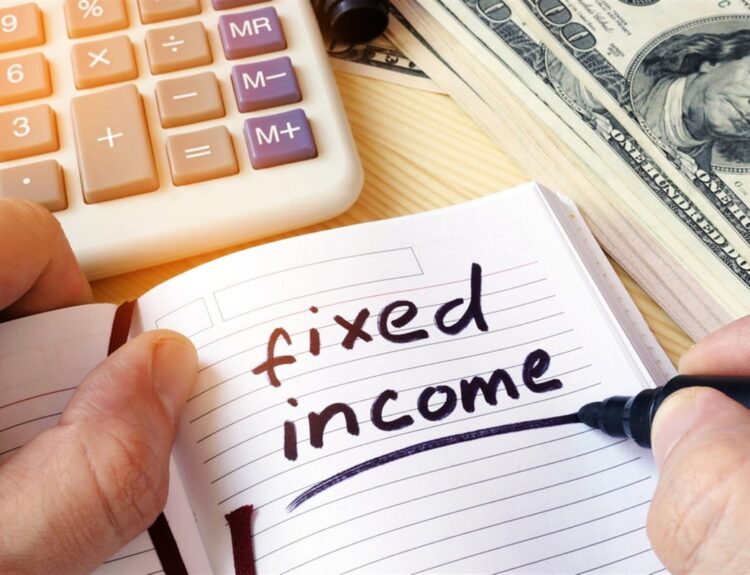The foundation of financial literacy is understanding your income and how you use it. Start by tracking your income and breaking down your expenses into essential and non-essential categories. Simple tools like spreadsheets or basic financial planners can help you stay organised. Knowing how much you spend on necessities like rent, utilities, and food gives a clearer picture of where to cut costs if needed.
Build a Budget
Once you have a clear view of your spending, create a budget that aligns with your goals. Your budget should account for living costs, savings, and even a portion for discretionary spending. Sticking to a budget can help ensure you avoid unnecessary debt and put money aside for emergencies or future expenses. Adjust your budget regularly as circumstances change.
Learn About Taxation in Australia
Understanding the tax system is crucial in improving financial literacy. Research the tax brackets that apply to your income and know what deductions you’re eligible for, such as work-related expenses. You can also learn about superannuation and how contributions affect your retirement savings. Taking some time to understand the Australian Taxation Office’s guidelines can make a big difference in managing your finances.
Strengthen Your Savings Habits
Good saving habits can significantly boost your financial security. Set up regular contributions to a savings account with a competitive interest rate. Aiming for an emergency fund equivalent to three-to-six months of living expenses is a common goal. Beyond that, explore options for long-term savings such as term deposits or investments based on your level of comfort with risk.
Seek Reliable Financial Information
Improving financial literacy involves accessing accurate, unbiased information. Educational resources provided by Australian government websites, banks, or non-profit organisations are excellent. These often include tips on managing debt, understanding loans, and planning for retirement. Stay informed by following updates on economic trends and financial policies, especially if they directly impact Australians.
Learn the Basics of Investing
If you’re new to investing, begin with the fundamentals. Understand different types of investments such as shares, exchange-traded funds, and property. Study concepts like risk tolerance and diversification to make more informed decisions. You don’t need advanced expertise to start, but learning about fees, potential returns, and tax implications will help guide your choices.
Borrowing and Debt Management
It’s essential to know how to handle loans and debt wisely. Before borrowing, review the interest rates, fees, and repayment terms to ensure they suit your financial capacity. For existing debts, pay more than the minimum repayment whenever possible to save on interest in the long term. Seek out advice if you’re struggling with repayments to avoid further financial stress.
Consult a Professional When Needed
If your financial situation feels too complex to manage alone, getting professional advice can be valuable. To find a trustworthy financial adviser in Australia, you can use the FAAA’s financial adviser register. This resource helps you locate qualified advisers, ensuring you access credible advice to support your financial goals.
Educate Yourself Continuously
No matter your age or income, there’s always more to learn about managing money. Consider attending workshops, reading personal finance books, or taking online courses designed for Australians. Financial literacy isn’t static, and staying informed means being better prepared for changes in the economy and your personal circumstances.






